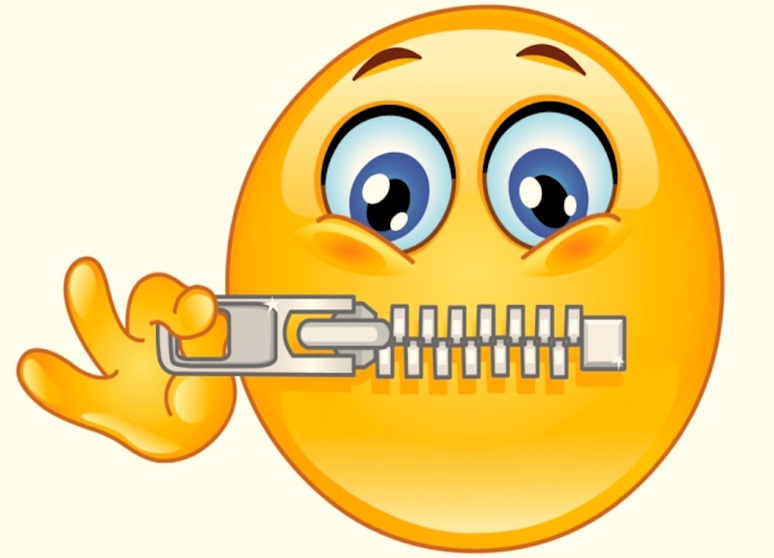What should you not do?
Although is a lot you should do with safeguarding there are also things you should not do which could potentially make the situation worse or even harbour a potential criminal investigation.
The list of don'ts is not exclusive but examples could include.
- Don’t place yourself or anyone else in danger
- Don’t be judgemental
- Don’t make promises you cannot keep
- Don’t ask detailed or probing questions
- Don’t interfere with, or contaminate potential evidence following physical or sexual assault, for example, by washing, sheet changing, teeth cleaning etc
- Don’t discuss the incident with anyone else except your line manager/supervisor
- Don’t question witnesses except to obtain basic information
- Don’t leave detailed confidential information on answer machines
- Don’t, in any circumstances, discuss the issue with the person alleged to have cause harm
- Don’t attempt to influence or intimidate potential witnesses
- Don’t conduct your own enquiry or investigation

